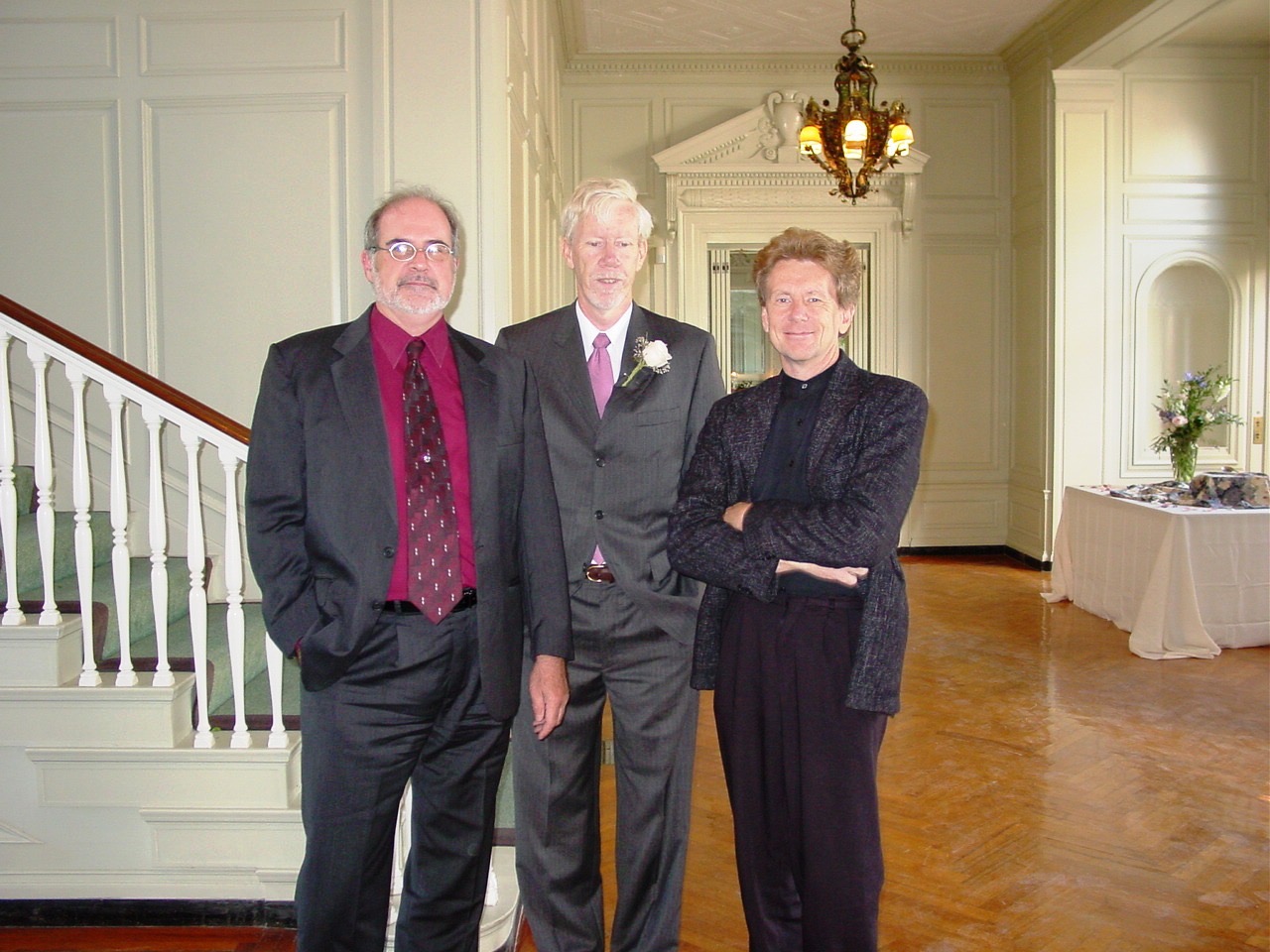Welcome to the Wakefield Doctrine (the theory of clarks, scotts and rogers)
This is the Wakefield Doctrine’s contribution to the Unicorn Challenge.
Hosted by jenne and ceayr, the charge is simple and the rules are simpler: write a story involving the week’s image and keep it under 250 words.
(Who said, ‘Hey! How about another story from you’re ‘the Stone and the Crone’ series!! That last one was fun.)
The image:
“The Fifth.”
“What?”
His hand making the demitasse look like a tiddlywink on a manhole cover, the man aimed his face at the building across from the café; his companion, a woman of indeterminant age, stared at him from the shade of her hooded sweatshirt, an inadvertent impersonation of a 19th century optical illusion.
Pointing at the wrinkled parchment in the center of the table without taking his eyes off the tall structure, his eyes flickered in the semaphore of self-doubt. An affectionate, aged-worn contralto whispered a thought, ‘You are my enforcer, I am your soul’.
“The arrangement of openings on the building that we’re going to burglarize, it’s the famous dah-dah-dah…duh.!”
The small woman raised her eyebrows, her sigh barely distorting the silk-screened ‘I ♥ Glasgow!’ bas-relief’d across the front of her hunched form.
“Lia Fàil! You really need to see someone about that.”
“About what?”
“Your grip on reality, thats what.”
“You were there at the premiere. Vienna you said, the hunting will be good in Vienna, you said, let’s leave Glasgow to cool off, you said! I remember it like it was…”
“216 years ago?”
A chuckle barely escaped as she continued, “Pay attention to the floor plans. This is our chance to steal something that doesn’t kick and scream. I know a fence who will be happy to pay for the jewelry we’ll find at the top of that…”
“Four story …motif?”
Her laughter echoed dream-sowed affection flourishing in their youth, “Git on wid ye!”
*
*










